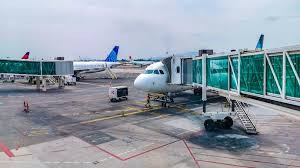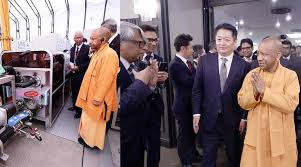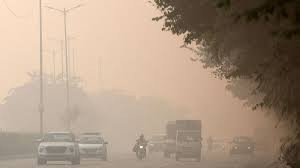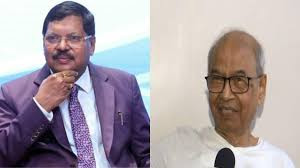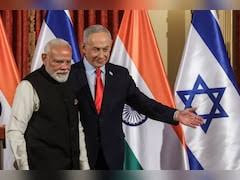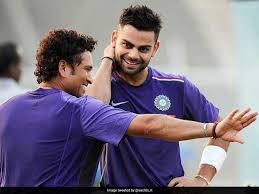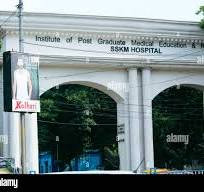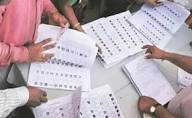Supreme Court to Hear Plea on August 8 Urging Restoration of Jammu & Kashmir Statehood
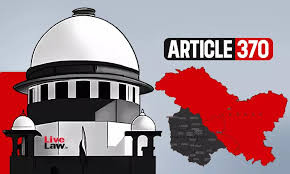
IIE DIGITAL DESK : The Supreme Court of India is scheduled to hear on August 8, 2025, a plea calling on the Union Government to restore statehood to Jammu & Kashmir, currently a Union Territory. The matter was formally mentioned on August 5, coinciding with the sixth anniversary of the region’s downgraded status following the abrogation of Article 370 in 2019 .
Senior Advocate Gopal Sankaranarayanan placed the plea before a bench led by Chief Justice of India B.R. Gavai and Justice K. Vinod Chandran, urging that the case remain on the bench’s March 8 causelist. The Chief Justice agreed, confirming the matter will proceed as scheduled .
The plea is filed as a Miscellaneous Application in the disposed case titled “In Re: Article 370 of the Constitution”, where the Supreme Court had earlier upheld the abrogation of the special status granted to Jammu & Kashmir, but stopped short of ruling on the constitutionality of the Jammu & Kashmir Reorganisation Act, 2019, citing the Solicitor General’s assurance that statehood would be restored “at the earliest and as soon as possible” .
Zahoor Ahmed Bhat, a college teacher, and activist Khurshaid Ahmad Malik brought the application, citing the Centre’s failure to act for eleven months since the court’s December 2023 verdict. They argue that continued delay threatens democratic rights and undermines the federal structure that is part of the Constitution’s basic framework .
The plea emphasises that the peaceful conduct of Assembly and Lok Sabha elections, finalized in October 2024, shows no security or law-and-order impediment to restoring statehood—a point reinforcing their claim of federal and democratic deterioration due to the delay .
The Supreme Court had linked the restoration of statehood to timely legislative assembly polls in Jammu & Kashmir, directing elections to be held by September 2024. With elections held on schedule, petitioners contend the executive’s inaction starkly contrasts with judicial assurances .
Legal experts and former litigants in the Article 370 case have echoed these concerns, writing open letters urging CJI Gavai to form a special bench and specify a timeline for restoration—warning that continued delay fundamentally damages India’s constitutional structure .
Political groups like the Congress Party have designated August 5 as a “black day,” staging protests to highlight what they call an unfulfilled pledge towards restoring full democratic rights to Jammu & Kashmir's residents, including the return of statehood.
The upcoming hearing on August 8 will thus hold symbolic importance—not only as a possible legal step forward but also as a barometer of India’s commitment to constitutional federalism. Petitioners will urge the Court to issue binding directions to the Centre to finally honour its earlier assurances and rehabilitate Jammu & Kashmir’s political status as a full-fledged state, reversing the UT model instituted since October 2019 . On August 5, 2019, the Indian government abrogated Article 370, revoking Jammu & Kashmir’s special status, abolished Article 35A, and reorganised the state into two Union Territories: Jammu & Kashmir . The Supreme Court upheld the abrogation but left the constitutionality of the Reorganisation Act unresolved, relying instead on the SG’s promise that statehood would be reinstated at the earliest opportunity.
With these developments in play, legal observers and Kashmir residents alike will closely watch whether the Supreme Court on August 8 sets a concrete roadmap for restoring Jammu & Kashmir’s status—or allows federal ambiguity to persist.
You might also like!





